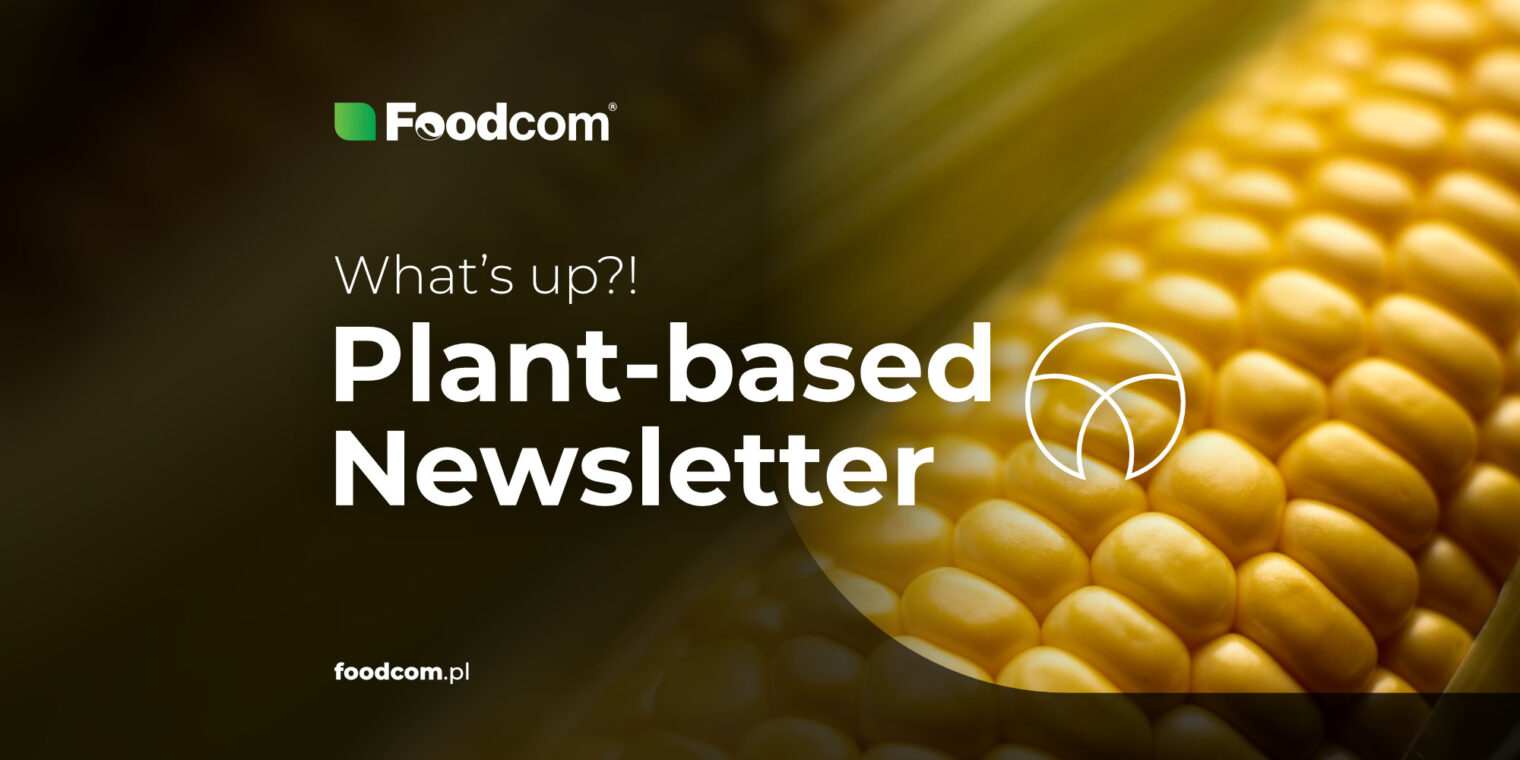Hello Partners!
Welcome to our last plant-based newsletter of the year. At the beginning, we’d like to extend a warm Merry Christmas and a Happy New Year to all our readers.
In this edition of our market update, we take a look at the latest trends and challenges in the global agri-commodity sector. Key highlights include the stability of the starch market, with a focus on potato starch, despite production hurdles and reduced yields. In the protein segment, there’s a noticeable shift towards high-protein, plant-based alternatives such as pea protein isolates and fava bean proteins, driven by consumer demand for healthier and environmentally friendly alternatives.
Let’s check out more info!
Hottest Products of the Week
Starches
The starch market, especially the potato starch market, remains stable despite the challenges in production. Potato starch producers are keeping their prices stable, citing a difficult harvest season where many potatoes rotted, leading to a reduced yield. This scenario demonstrates the direct impact of agricultural conditions on market dynamics. As supply is affected, producers are trying to balance their lower production with maintaining profitability, resulting in firm pricing despite the less than ideal harvest.
Sugar
The market is currently experiencing a stable phase with no significant movements. This tranquility is typical of market cycles and is expected to change with the New Year.
Proteins
Recently, there has been an increased interest in feed materials like Corn Gluten Meal and Hydrolyzed Wheat Gluten, indicating that some feed producers are struggling to obtain enough material for their daily production.
High protein plant based materials like Pea Protein Isolates and Fava Bean Proteins continue to rise in popularity, mirroring trends seen in dairy products. As consumers increasingly seek alternative protein sources, these plant-derived options are gaining traction. Their demand is notably growing as they offer a viable, cost-effective replacement for milk powders, which are almost twice as expensive.
What else?
Ukraine exported 14.7 million tons of grains and pulses in the 2023/2024 marketing year, a decrease of 5.3 million tons compared to last year. This includes reduced exports of wheat, barley, rye, and corn. Flour exports also fell by 10.2 thousand tons from the previous year.
The Jordan Ministry of Industry and Trade plans to hold a tender on December 19 for buying 120,000 tonnes of milling wheat from various origins, as reported by Zerno On-Line agency, citing European traders. The wheat is scheduled for delivery between March 1 and April 30, 2024. During the previous tender on November 28 for a similar quantity, the Ministry rejected all bids and did not make any purchases.
Zimbabwe is facing a significant reduction in its staple maize harvest for 2024, expected to drop to 1.1 million tons due to an El Nino-induced drought, according to Finance Minister Mthuli Ncube. This poses a serious threat to food security as the country’s annual maize consumption need is about 1.8 million tons. The anticipated shortfall comes after a projected 2.3 million ton harvest in 2023.
Indonesia has deployed its military to help farmers plant rice due to a severe drought linked to El Nino, leading to lower rice production, increased prices, and higher imports. President Joko Widodo aims to expedite planting to mitigate these effects. The military’s involvement is part of a broader strategy to increase domestic rice output and reduce dependency on imports. Despite current challenges, Indonesia expects a rise in rice production in 2024.







